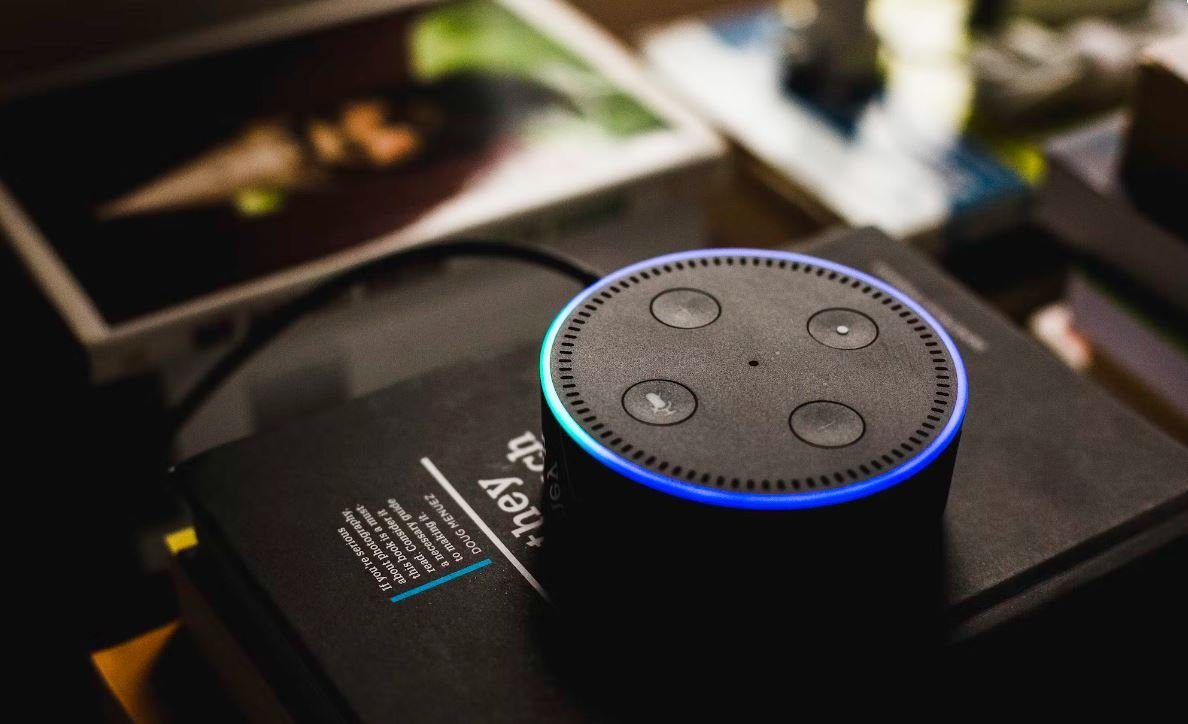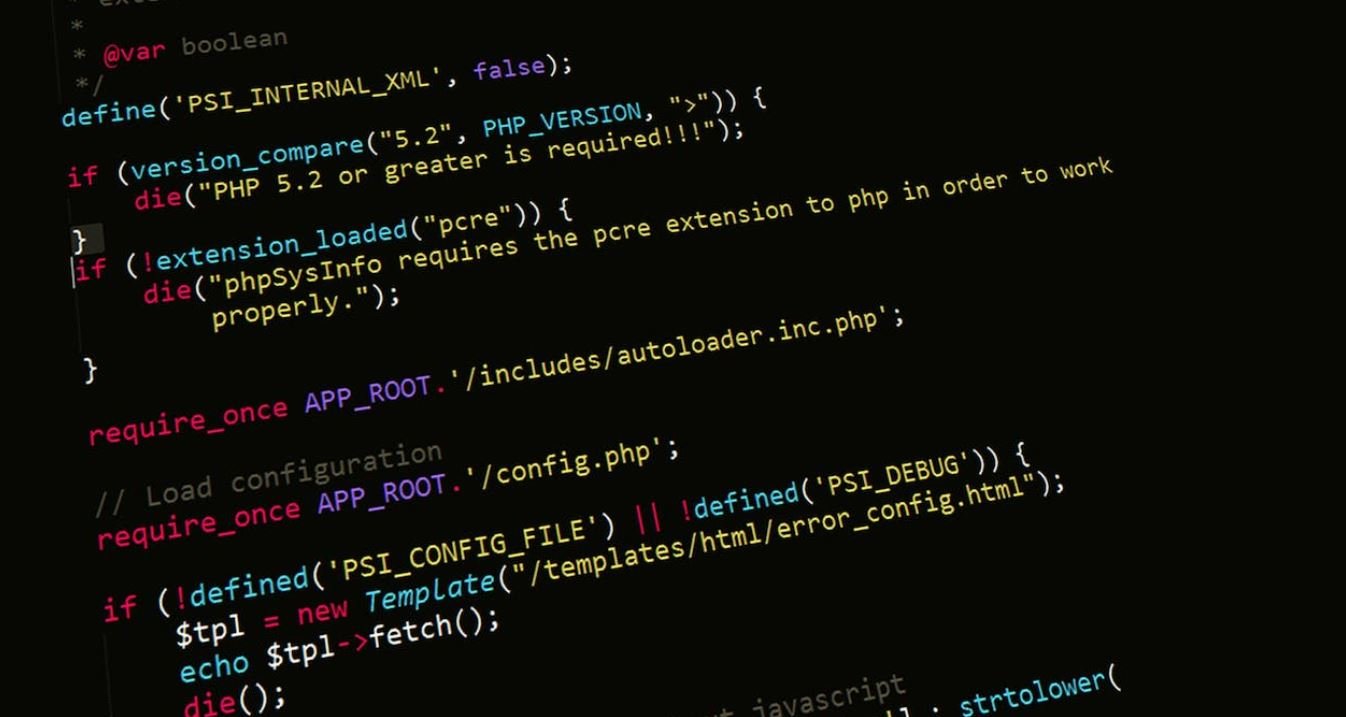AI Applications for Construction
Artificial Intelligence (AI) is revolutionizing industries across the board, and the construction sector is no exception. With its ability to automate and analyze vast amounts of data, AI is being widely adopted in construction projects to improve productivity, safety, and cost-efficiency. From project planning to construction site management, AI applications are reshaping the way construction projects are executed.
Key Takeaways
- AI is transforming the construction industry through automation and data analysis.
- AI applications in construction range from project planning to site management.
- Benefits of AI in construction include improved productivity, safety, and cost-efficiency.
AI can assist in tasks such as project planning, where it can analyze historical data, project designs, and budget constraints to help create accurate project timelines and resource allocation plans. By optimizing the construction process, AI algorithms can reduce delays and improve project efficiency. *AI technology can also simulate different construction scenarios to identify potential risks and devise effective mitigation strategies.* Furthermore, AI-powered scheduling systems can dynamically adjust project timelines based on real-time information, ensuring smooth project execution.
In addition to project planning, AI is being utilized in quality control during construction. Computer vision algorithms can analyze images or videos from construction sites to identify defects, safety hazards, or non-compliance with regulations. This enables early detection of issues, leading to prompt corrective actions. *For example, AI can identify potential structural weaknesses in real-time, allowing engineers to address them before they become critical.* AI-powered quality control systems can enhance overall project safety and compliance, while reducing rework and associated costs.
AI Applications in Construction
| Application | Benefits |
|---|---|
| Automated project scheduling | Efficient resource allocation, reduced delays |
| Computer vision for quality control | Early defect detection, improved safety, cost reduction |
AI can also optimize supply chain management and logistics in construction projects. AI algorithms can analyze historical data, market trends, and project requirements to make accurate forecasts of material demands and determine optimal procurement strategies. This ensures timely delivery of materials while reducing inventory costs and material wastage. *In addition, predictive analytics can help optimize equipment and resource utilization, reducing downtime and enhancing project productivity.* By streamlining the supply chain process, AI can contribute to significant cost savings and project efficiency improvements.
Moreover, AI applications extend to safety monitoring and risk management in construction. AI-powered systems can detect potential safety hazards, such as worker falls or equipment malfunctions, through real-time monitoring of construction sites. This enables immediate alerting and intervention to prevent accidents and promote a safer working environment. *Additionally, AI algorithms can analyze large datasets to identify high-risk areas and patterns, facilitating proactive risk mitigation measures.*
AI Benefits in Different Construction Areas
| Area | AI Benefits |
|---|---|
| Supply chain management | Optimized material procurement, cost reductions |
| Safety monitoring | Real-time hazard detection, accident prevention |
As the construction industry recognizes the potential of AI, the integration of this technology continues to expand. By leveraging AI-powered applications, construction projects can experience better planning, superior quality control, efficient supply chain management, enhanced safety, and improved risk management. The adoption of AI in construction not only helps streamline processes but also drives innovation and paves the way for more sustainable and efficient construction practices.

Common Misconceptions
Misconception 1: AI will replace human workers
One common misconception surrounding AI applications in construction is that it will completely replace human workers. In reality, AI is designed to assist and enhance human capabilities rather than eliminate them.
- AI can automate repetitive tasks, allowing workers to focus on more complex and creative aspects of construction.
- AI can enhance safety on construction sites by analyzing potential hazards and recommending preventive measures.
- AI can also improve efficiency by optimizing construction schedules and resource allocation.
Misconception 2: AI is only suitable for large construction projects
Another misconception is that AI applications are only relevant and beneficial for large-scale construction projects. In truth, AI can be utilized in projects of various sizes, from small residential buildings to large infrastructure developments.
- AI can assist with cost estimation, helping to create accurate budget forecasts for projects of any scale.
- AI-powered drones can easily survey and inspect both small and large construction sites, providing valuable data for decision-making.
- AI can optimize energy consumption in buildings, benefiting projects of all sizes by reducing energy costs and environmental impact.
Misconception 3: AI will make construction processes overly complex
Some people believe that incorporating AI technology into construction processes will make them overly complex and difficult to manage. However, AI applications are created to simplify and streamline operations, enhancing productivity rather than complicating them.
- AI systems can automate repetitive tasks, reducing the workload for construction teams.
- AI can analyze vast amounts of data, providing valuable insights and patterns that may be hard to identify manually.
- AI-powered systems can monitor and maintain equipment, promoting efficient maintenance practices and minimizing downtime.
Misconception 4: AI is only beneficial for design and planning stages
An often-misunderstood concept is that AI applications for construction are only useful during the design and planning stages of a project. In reality, AI can be beneficial throughout the entire construction lifecycle, from planning to maintenance and beyond.
- AI can assist in efficient project scheduling and resource allocation, optimizing delivery times and reducing costs.
- AI-powered sensors can monitor construction sites, detecting potential issues and hazards in real-time.
- AI algorithms can predict maintenance needs, helping to avoid unexpected breakdowns and costly repairs.
Misconception 5: AI applications in construction are prohibitively expensive
Lastly, some may believe that implementing AI applications in construction projects comes with exorbitant costs. However, the costs associated with AI are becoming more accessible, and the benefits and efficiencies they provide can often justify the investment.
- AI can help reduce waste and rework, saving money in the long run.
- AI-powered equipment and tools can increase productivity, potentially offsetting the initial investment through improved efficiency.
- AI can enhance safety on construction sites, reducing the risk of accidents and associated costs.

Robotic Bricklayers in Construction
Robotic bricklayers are being increasingly used in construction projects to improve efficiency and speed. These robots are capable of laying bricks at a much faster rate compared to human workers, thereby reducing construction time significantly.
| Country | Number of Robotic Bricklayers |
|---|---|
| United States | 20 |
| China | 50 |
| Germany | 15 |
| Japan | 10 |
Drone Applications in Construction
Drones are revolutionizing the construction industry by providing aerial views and assisting in surveying, inspections, and site monitoring. They help save time, reduce costs, and enhance safety on construction sites.
| Application | Benefits |
|---|---|
| Site Surveying | Accurate and quicker data collection |
| Inspections | Safer and more efficient inspections of structures |
| Site Monitoring | Real-time monitoring and enhanced project management |
Virtual Reality for Architectural Visualization
Virtual reality (VR) technology is now being used in architectural visualization to create immersive experiences for clients. It allows them to virtually walk through buildings, assessing design choices and making modifications in real-time.
| Architectural Firm | VR Projects Completed |
|---|---|
| ABC Architects | 15 |
| XYZ Design Studio | 10 |
| Superior Architects | 20 |
Smart Helmets for Construction Workers
Smart helmets are equipped with various sensors and technologies to enhance safety and communication for construction workers. They can detect hazards, monitor workers’ vital signs, and provide instant updates and instructions.
| Smart Helmet Features | Benefits |
|---|---|
| Heads-up Display | Displays real-time information for improved situational awareness |
| GPS Tracking | Allows for precise location monitoring and efficient resource allocation |
| Vital Sign Monitoring | Ensures the well-being of workers by tracking heart rate and body temperature |
AI-Based Construction Safety Systems
AI technology is applied in construction safety systems to prevent accidents and identify potential hazards. These systems use computer vision to detect safety violations, such as workers not wearing safety gear or unauthorized access to restricted areas.
| AI Safety System | Features |
|---|---|
| SafeSite | Real-time monitoring, automatic alerts, and video analytics |
| SecureBuild | Facial recognition, access control, and safety violation identification |
Machine Learning for Construction Equipment Maintenance
Machine learning algorithms are employed to predict equipment failures and recommend maintenance schedules. By analyzing historical data and equipment usage patterns, maintenance can be scheduled proactively, minimizing downtime and reducing repair costs.
| Construction Company | Reduction in Equipment Downtime (%) |
|---|---|
| Construction Co. A | 25 |
| Construction Co. B | 18 |
| Construction Co. C | 30 |
AI-enabled Construction Material Optimization
AI algorithms are used to optimize the usage of construction materials, reducing waste and improving resource management. By analyzing project requirements and historical data, AI systems can determine the optimal quantity of materials needed for each construction project.
| Construction Project | Material Waste Reduction (%) |
|---|---|
| Project X | 12 |
| Project Y | 8 |
| Project Z | 15 |
Automated Construction Site Monitoring
Automated monitoring systems using AI and IoT technologies can track and analyze construction site activities. These systems capture data from various sensors, enabling project managers to monitor progress, identify bottlenecks, and optimize workflow.
| Construction Site | Productivity Improvement (%) |
|---|---|
| Site A | 22 |
| Site B | 15 |
| Site C | 28 |
Intelligent Construction Project Management
AI-powered project management tools enhance decision-making, scheduling, and resource allocation in construction projects. These tools incorporate machine learning algorithms to analyze data and optimize project planning.
| Construction Project | Reduced Project Delays (%) |
|---|---|
| Project Alpha | 10 |
| Project Beta | 15 |
| Project Gamma | 8 |
Conclusion
AI applications in the construction industry have transformed various aspects of the construction process, leading to increased efficiency, improved safety, and optimized resource management. From robotic bricklayers to intelligent project management tools, the adoption of AI technologies is revolutionizing the construction sector. As advancements continue, we can expect further innovations and improvements in the field, ultimately reshaping the way buildings are constructed.
Frequently Asked Questions
What are AI applications in construction?
AI applications in construction refer to the use of artificial intelligence technologies and algorithms to enhance various aspects of the construction industry, including project management, design, safety, and resource optimization.
How can AI improve project management in construction?
AI can improve project management in construction by analyzing large amounts of data to predict project risks, optimize schedules, and automate repetitive tasks. It can also facilitate communication and collaboration among team members.
What are some AI applications for design in construction?
AI can be used in design processes to generate optimized building layouts, evaluate different design options, and perform automated quality checks. It can also assist in creating realistic 3D visualizations and simulations.
How can AI enhance safety in construction?
AI can enhance safety in construction by analyzing data from sensors and cameras to detect potential hazards, monitor worker behavior, and provide real-time alerts. It can also predict safety risks based on historical data and recommend preventive measures.
Can AI optimize resource utilization in construction?
Yes, AI can optimize resource utilization in construction by analyzing data on material usage, equipment availability, and labor productivity. It can help identify areas of improvement, recommend efficient resource allocation strategies, and reduce waste.
What are the benefits of using AI in construction?
The benefits of using AI in construction include improved project efficiency, enhanced safety, reduced costs, increased productivity, and better decision-making based on data-driven insights. It can also help overcome challenges such as labor shortages and improve collaboration among stakeholders.
Are there any limitations or challenges associated with AI in construction?
Some limitations or challenges associated with AI in construction include the need for accurate and reliable data, the initial costs of implementation, the requirement for skilled personnel to develop and maintain AI systems, and potential concerns regarding privacy and security.
Is AI replacing human workers in the construction industry?
AI is not replacing human workers in the construction industry. Instead, it is augmenting and assisting human workers by automating repetitive tasks, providing data-driven insights, and improving decision-making. AI technologies work in collaboration with human expertise to enhance overall productivity and efficiency.
How can companies implement AI applications in construction?
Companies can implement AI applications in construction by first identifying areas where AI can add value, such as project management, design, safety, or resource optimization. They can then invest in AI technologies, collaborate with AI solution providers, and train their employees to effectively use AI tools and processes.
What is the future of AI in construction?
The future of AI in construction looks promising. As AI technologies continue to advance, we can expect further improvements in project efficiency, safety, and sustainability. AI may also play a crucial role in the development of autonomous machinery, robotics, and predictive analytics in the construction industry.





